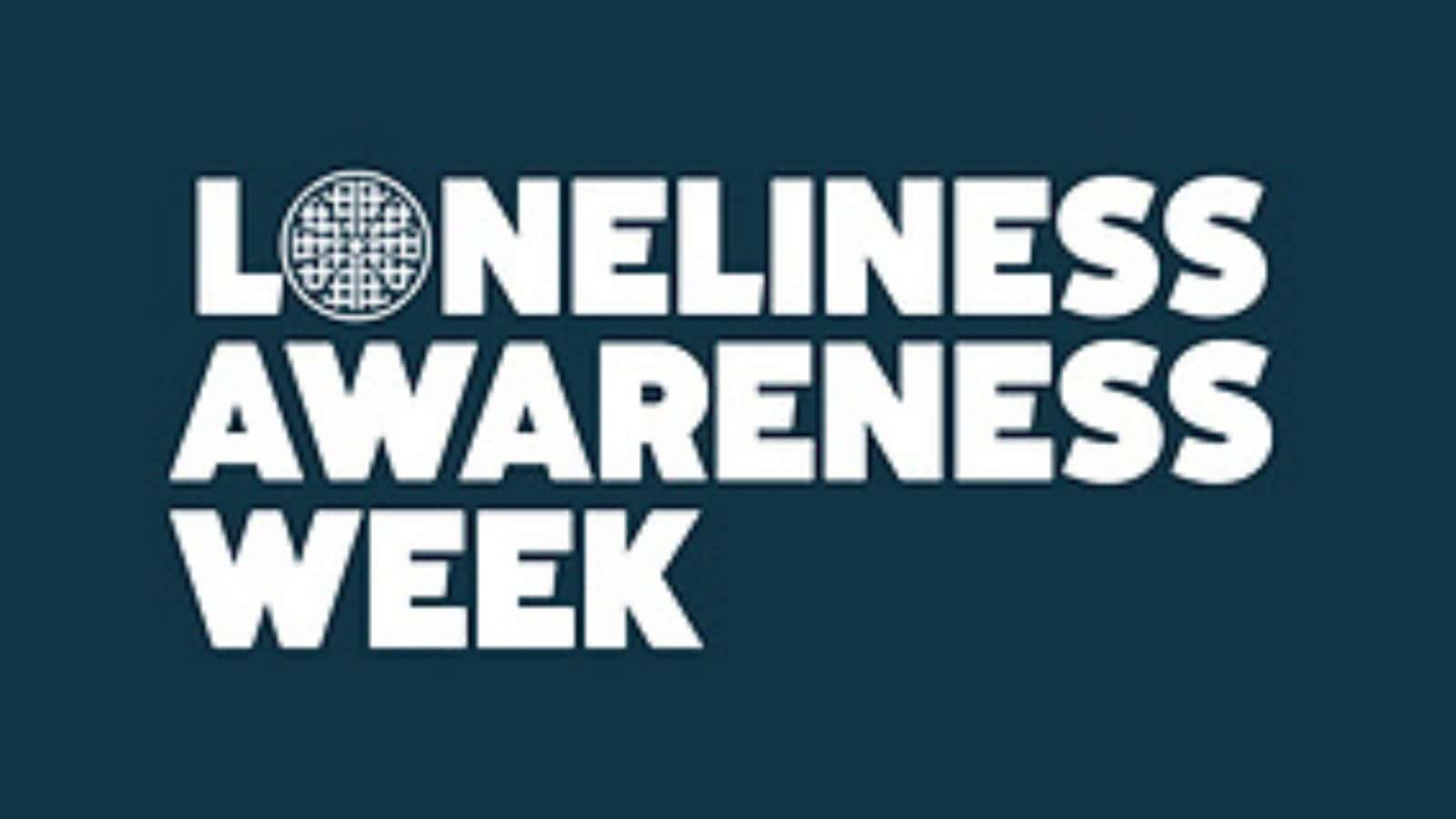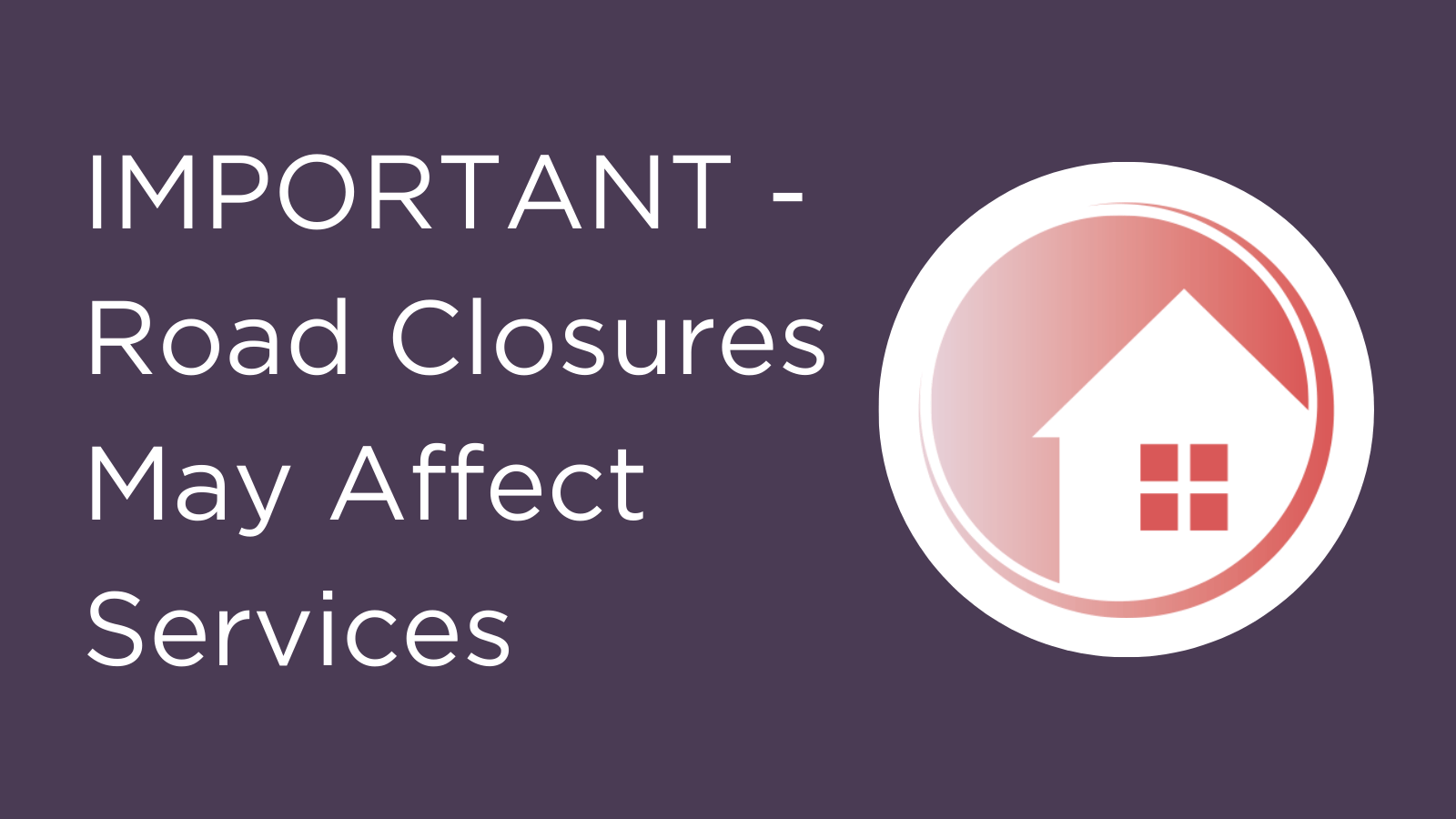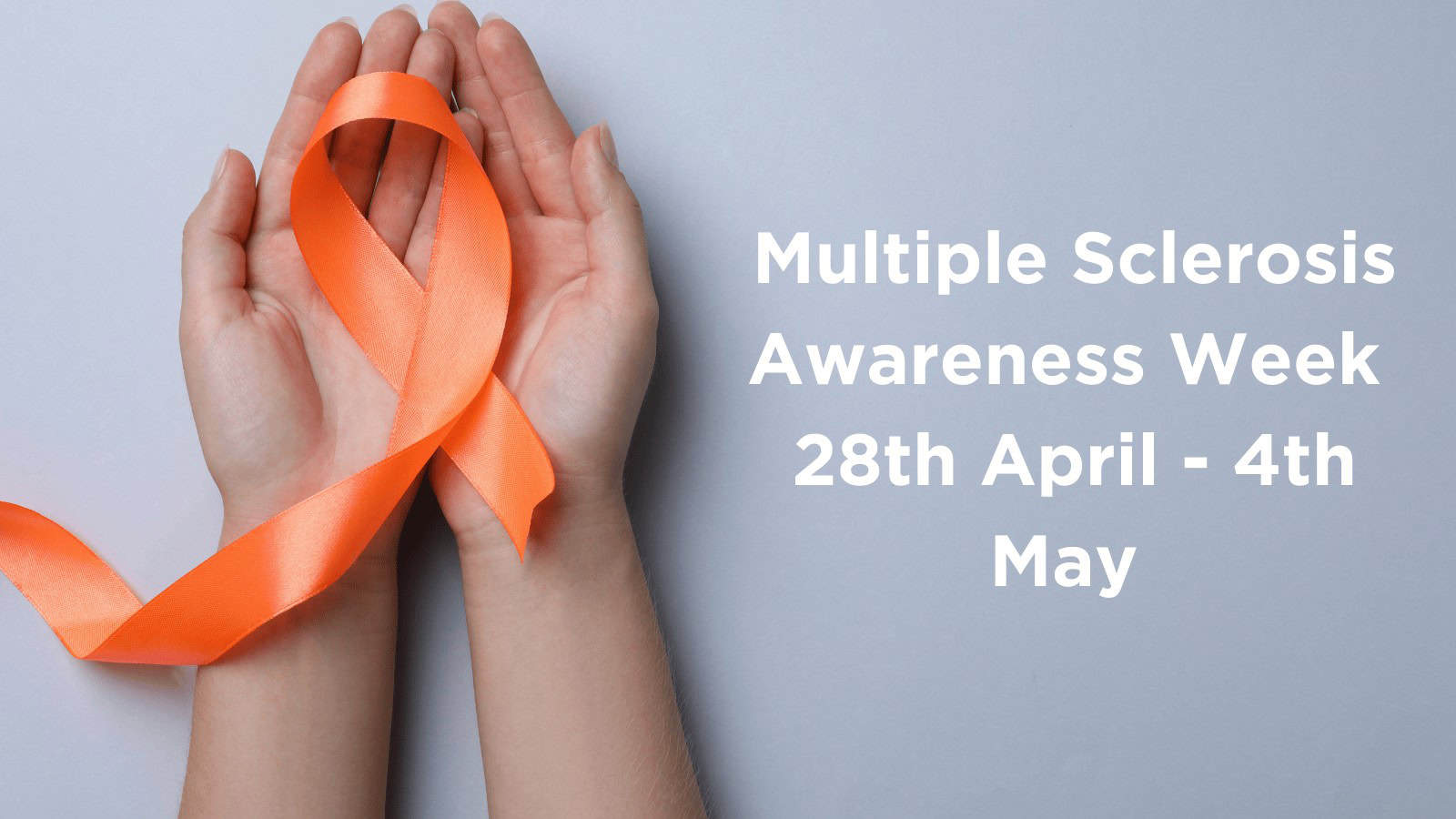What is Loneliness?
Loneliness can be described as a negative cognitive state experienced when there is disparity between an individual’s actual experience of social connection and what they desire. It can often manifest as feeing unwanted and low self-esteem. Queen’s University Belfast’s Phoebe McKenna-Plumley and colleagues (2023) define loneliness as “an unpleasant and distressing subjective phenomenon which arises when one’s desired level of social relations differs from their actual level in number or quality.”
Types of loneliness
There are different ways in which loneliness can be experienced:
- Emotional loneliness – feeling a lack of emotional attachments to those around you E.g. friends, partners or family.
- social loneliness – having a small amount or low quality social interactions and connections, leading to feeling disconnected.
- existential loneliness – feeling alone even when you are surrounded by others, for example being in a room full of people and still feeling lonely.
- Chronic loneliness – consistently feeling lonely over a long period of time
Facts about Loneliness
- Social rejection and isolation activate the same parts of the brain as physical pain
- Severe loneliness is estimated to increase your likelihood of death by 14%
- Evolutionary psychologists suggest loneliness activates a fight or flight stress response in the body as our ancestors survival would have been severely impacted by social isolation and a lack of social support
- People who often feel lonely have higher levels of empathy than everyone else
- Loneliness can increase risk of serious health issues such as stroke or heart problems.
Tips for combatting loneliness
Loneliness can manifest for a variety of reasons and there are plenty of different things you can do to help yourself feel less lonely or to pass this advice on to others around you who might be feeling lonesome.
- Self-care: often loneliness can cause low self-esteem, thinking of ways to make yourself feel good about yourself and confident can boost your mood all together.
- reach out to others close to you: It can feel overwhelming but starting one conversation can lead to building a better relationship and it will make you feel better too
- new connections: It can be good to experience talking with new people whether that be in line at a café or online. Websites such as side by side which allows people to connect or even local groups on social media can be useful
- Not comparing yourself to others: It can be easy in today’s day and age but it is important to remember comparison is the thief of joy, to distract yourself try going on a walk or exercising in some way to help clear your mind.
- Engage with Loneliness Awareness week materials and and activities on the website.
Loneliness Awareness Week 2025
Loneliness Awareness Week takes place this week from the 9th until the 15th of June, hosted by Marmalade Trust , this years theme is “meeting loneliness together.” The aims are to destigmatise the natural human emotion and develop a deeper understanding in order to work towards a more connected society.
The Website for Loneliness Awareness Week 2025 contains a range of resources including a connection map, printable materials, ideas for fundraising and all of the previous years efforts, click here to access these and much more.
Further information
To keep up to date with other awareness weeks, please visit our ‘News’ page here.
Support Information
Here are a few options if you would like access to further options for support:
For advice and tips visit the mind UK website – Tips for everyday living | About loneliness | Mind – Mind
CALM (Campaign against living miserably) have a phone line and website chat box open from 5pm until midnight and can remain completely anonymous.
call on 0800 58 58 58
Visit CALM website here
Social Media
To keep up to date with what we get up to, please visit our socials by clicking the links below.
Liverpool
Cheshire








